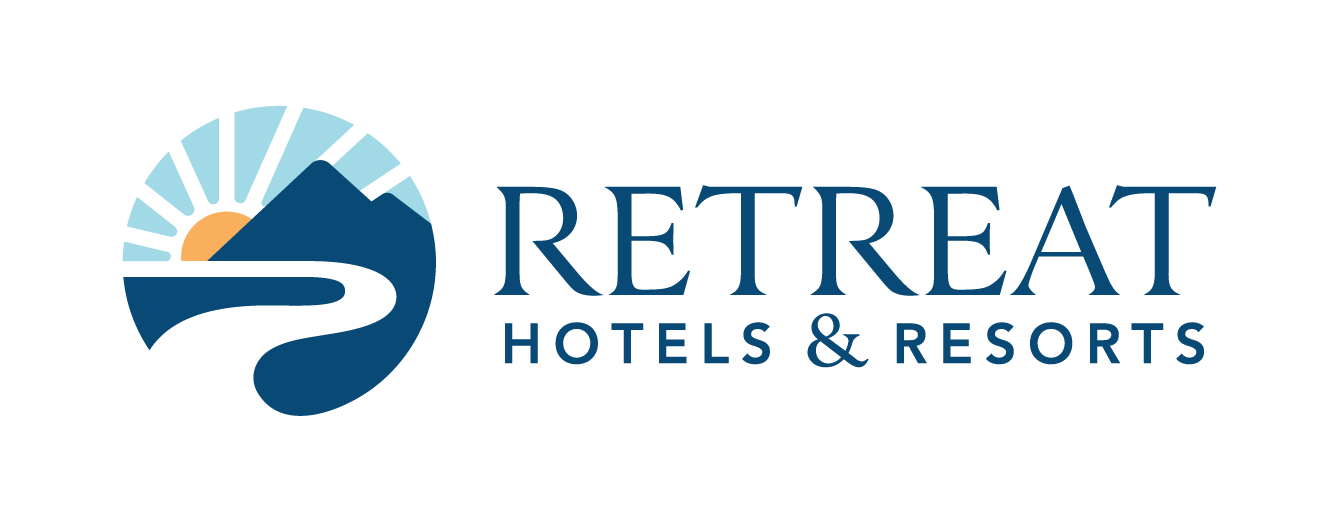by: Elska Vuong
There’s a new word that capturing the attention of the hospitality industry. "Hygge” (pronounced HOO-guh) is not a new cheer for the ‘HOOS of the University of Virginia, the 2019 men’s basketball national champion. Rather, according to Country Living Magazine, “Hygge is a Danish concept which cannot be translated into a single word but encompasses a feeling of cozy contentment and well-being through enjoying the simple things in life.”
There has always been a market for hotel gyms and spas, offering guests a way to stay healthy on the road. However, with terms such as “hygge,” “mindfulness,” and “self-care” becoming buzzwords and movements of late, health and wellness seems to be having a moment.
The concept of health and wellness has evolved; it is no longer just about discrete wellness treatments or health-related activities and more about a holistic lifestyle focused on overall well-being. Guests are increasingly looking to maintain this lifestyle and/or find ways to incorporate “mindfulness opportunities” into their travel experiences, expecting more than just a hotel spa or gym with a treadmill and free weights.
Many properties and chains have taken notice, making concerted efforts to associate their brand or products with wellness. Starting in 2011, Marriott’s Westin Hotel and Resort brand began introducing amenities such as health-focused options on food and beverage menus, exercise clothing and shoe rentals, concierges to help with running routes, bike-share programs, saline swimming pools, and in-room high-tech Peloton fitness bikes in some cases. In 2017, Westin also launched its first global campaign in over five years – called “Let’s Rise” – with the aim of positioning itself as a leader in wellness tourism.
Other chains have also leaned in to the wellness wagon. Hilton launched its “Five Feet to Fitness” guestroom concept in 2017, installing more than 11 different fitness-focused items in hotel rooms. Priced at 20 percent above normal room rates, guests have the ability to access a range of fitness options and maintain their routines without leaving their rooms. Beyond high-end fitness equipment, the rooms also offer a meditation chair, blackout curtains, Biofreeze to ease muscle tension, and a range of protein and hydration drink options.
At its last global conference, Wyndham Hotel Group unveiled their new guestroom design looks, focused on color schemes and themes that focused on reducing guest stress level and inspiring guests to have “the feeling of being almost home.” In recent years, Wyndham has also launched a “Stay Well” guestroom program, using design features, amenities, and programming focused on keeping travelers healthy. Part of these features are circadian lighting technology to help reduce jetlag, wall-mounted air-purification filters to reduce allergens and microbes, and aromatherapy options.
Introducing new wellness offerings is not just a way for a hotel to differentiate itself. It’s also an opportunity to increase revenue and tap into the $639.4-billion wellness tourism industry. Health-conscious travelers reportedly spend as much as 130 percent more on hotel amenities than other guests. Within the coveted traveling millennial demographic, 60 percent of them say that health is the most important thing in their lives.
Today, health-conscious travelers are not just guests who are traveling specifically for a wellness experience, like a spa or yoga retreat. Rather, the majority are travelers who are looking to stay healthy or access health and/or wellness-focused amenities while on the road. As a result, there’s an incentive for hotels at every level and price point to find new ways provide their guests with health and wellness opportunities.






